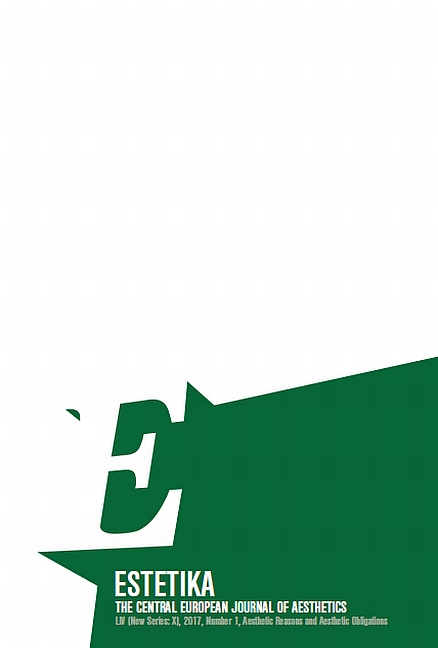The Aesthetic Experience of Kandinsky’s Abstract Art
The Aesthetic Experience of Kandinsky’s Abstract Art
A Polemic with Henry’s Phenomenological Analysis
Author(s): Anna Ziółkowska-JuśSubject(s): Aesthetics
Published by: Helsinki University Press
Keywords: Kandinsky W.;Henry M.;abstract art, art (philosophy of);phenomenology;aesthetic experience
Summary/Abstract: The French phenomenologist Michel Henry sees a similarity between the primordial experience of what he calls ‘Life’ and the aesthetic experience occasioned by Wassily Kandinsky’s abstract art. The triple aim of this essay is to explain and assess (1) how Henry interprets Kandinsky’s abstract art and theory; (2) what the consequences of his interpretation mean for the theory of the experience of abstract art; and (3) what doubts and questions emerge from Henry’s interpretations of Kandinsky’s theory and practice. Despite its containing many interesting ideas, Henry’s phenomenological approach is insufficient to describe the aesthetic experience of Kandinsky’s abstract art. For Henry, aesthetic experience is corporeal, primordial, non-intentional, and independent of knowledge and culture.By contrast, I believe that it is possible and more suitable to connect the direct, corporeal, and affective character of the aesthetic experience of abstract art with intentionality and embeddedness in culture and knowledge.
Journal: Estetika: The European Journal of Aesthetics
- Issue Year: LIV/2017
- Issue No: 2
- Page Range: 212-237
- Page Count: 26
- Language: English

